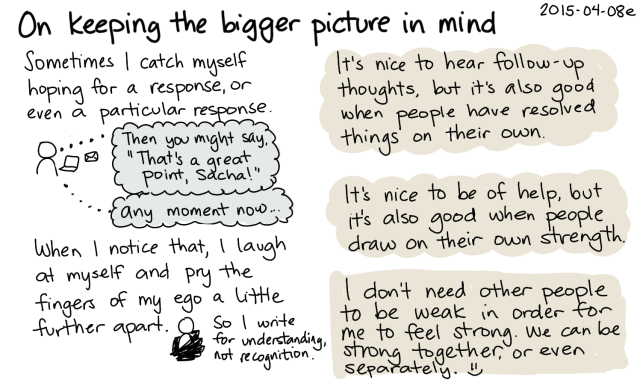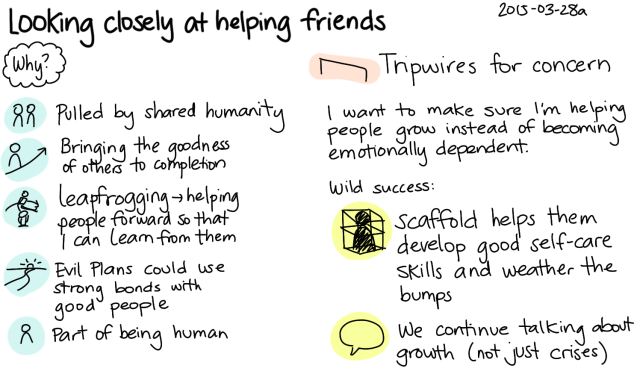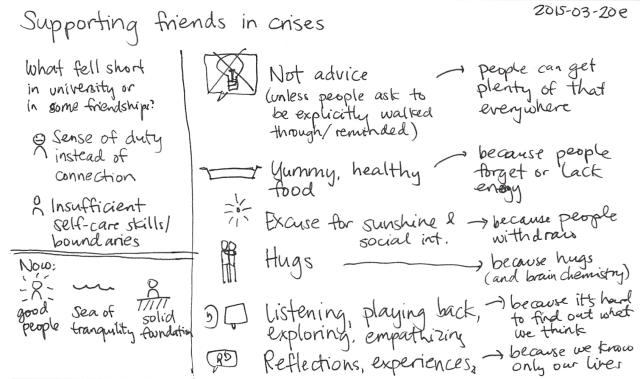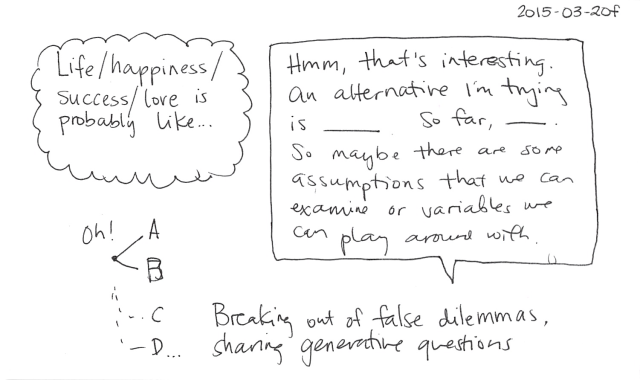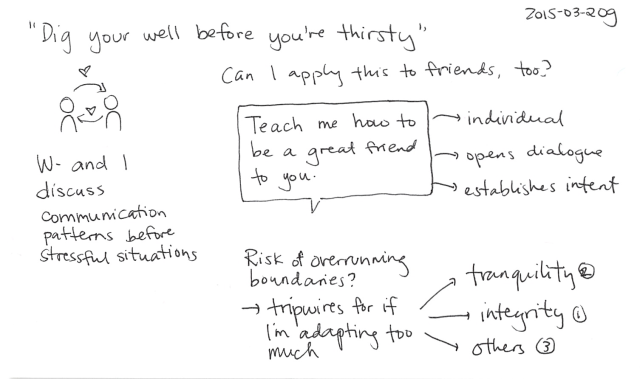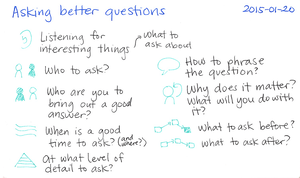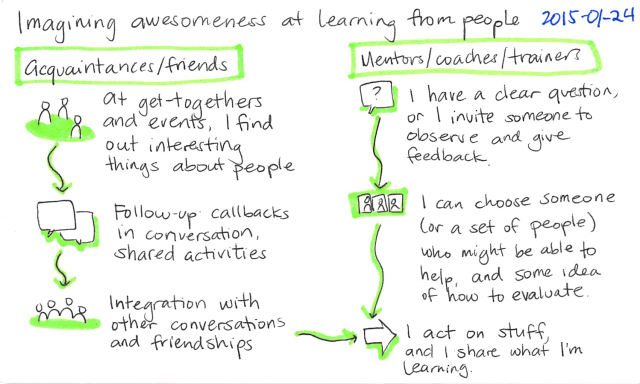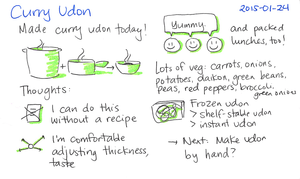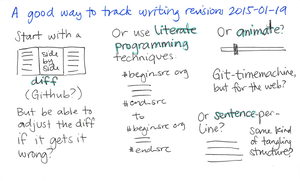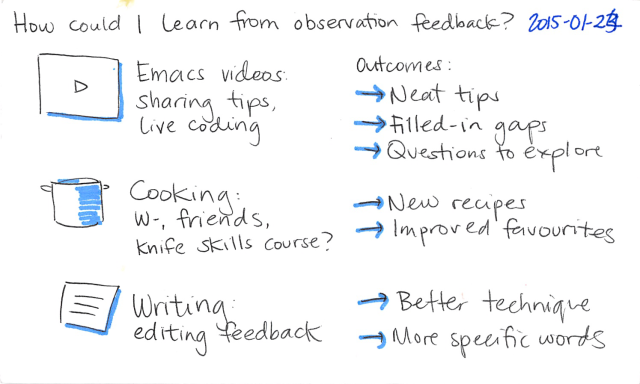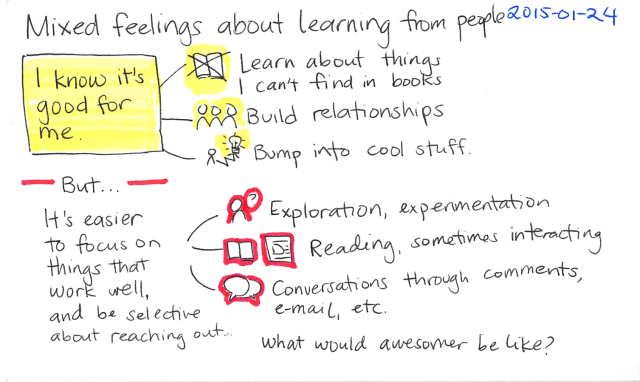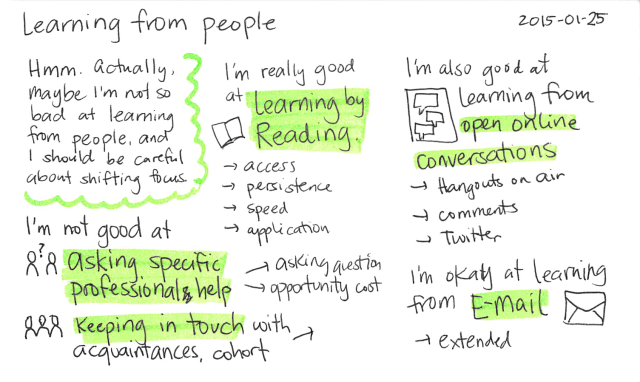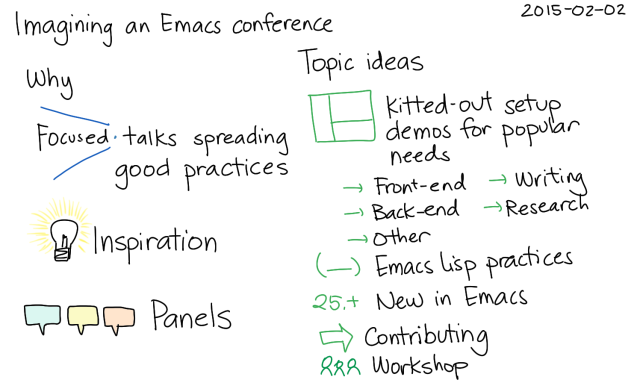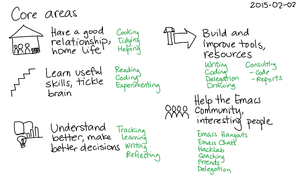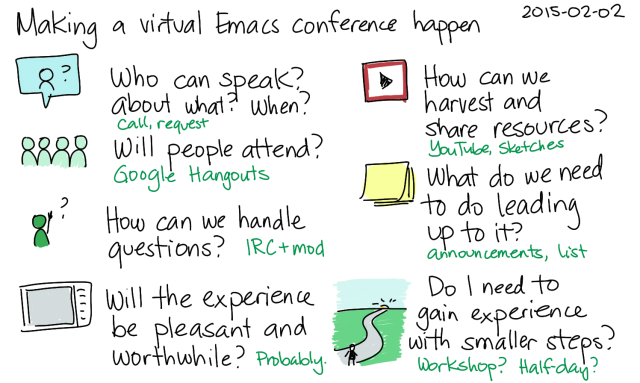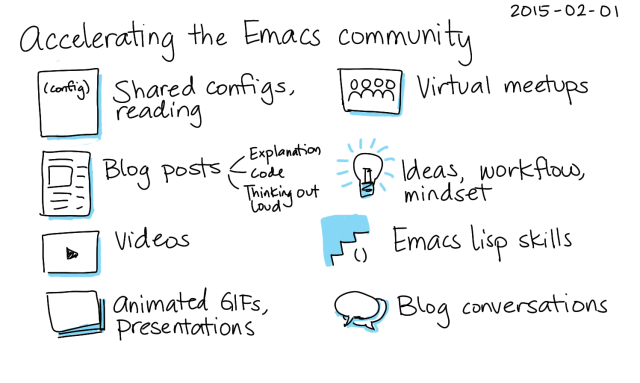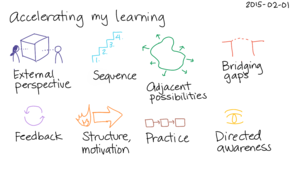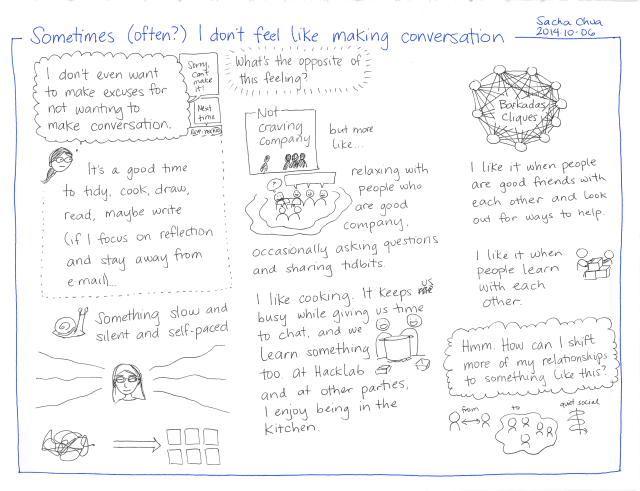Experimenting with spending more time at Hacklab
Posted: - Modified: | connecting, geek, timeThis week I experimented with making Hacklab my default location. I biked there on Monday and Tuesday because the weather was good, and I took the subway on Friday because I wasn’t sure about the forecast for rain.
On Monday, I laser-cut pieces for the simple tops that I’ve been sewing. I’ve been skipping the pleat, since it doesn’t make any difference to the fit of the garment and skipping it makes the top easier and faster to sew. The pattern fits the laser cutter if I cut it on a fold, and I can cut registration marks on a sheet of paper to make aligning that fold easier. I cut the pieces for one top out of the peach broadcloth that I’d salvaged from my box cushion prototype. (Waste not, want not!) I cut the pieces for another top from a black gingham check that I wanted to experiment with, since it’s supposed to be one of this season’s trendy patterns. I was delighted to find that the laser-cut pieces actually matched up – not just in terms of the notches (which I can take credit for), but even in terms of the pattern. (Probably more coincidence than skill.)
I didn’t pay attention to the direction of the gingham check because I assumed the stripes were the same visual weight. It turns out one direction is a bit heavier than the other, so now my shirt has horizontal stripes when it looks like most of the commercial gingham shirts I’ve seen had dominant stripes (if any) running vertically… Ah well! I cut bias strips and wrappers for another experiment out of my excess yardage, so I don’t think I have quite enough left to make a new shirt. I’ll finish and wear what I have. If I decide it’s worth doing another gingham thing, I might be able to get half a yard and do another one.
On Tuesday, I came early so that I could get some bread dough rising while I went for a massage. (Knead and be kneaded?) That worked out well, and we had some lovely crusty bread for the open house dinner. Eric and I also checked out this community garden in the neighbourhood. Our chances of getting a plot are probably pretty low (long waiting lists), but apparently they have a small herb area that could use more volunteers, so we might give that a try. Alternatively, Alex says it’s okay for us to set out planters in the back, and he even has an automated watering system. It would be great to grow lots of basil and other herbs for cooking.
Today I went to Hacklab to talk to a friend. Since I was in the area anyway, I also took the opportunity to pick up some bamboo fabric from Designer Fabrics so that I can look into making a pair of yoga pants.
I wanted to laser-cut the bias strips for the gingham check. I thought about using the 10″ square continuous method, but I settled for making long bias strips instead so that I could fit an extra square in there for another project I’m working on. While I was sorting that out, Alex came in with a MIDI keyboard, a laptop, and a projector. He proceeded to set it up to project the keyboard training program onto the keyboard itself, which was really nifty. We had fun playing around with different pieces.
Mmm. I like this. Going to Hacklab nudges me a little more towards making stuff and talking to people, I think. Let me see what next week is like. On the flipside, it means less time at home and less time preparing meals, but if I leave Hacklab earlier and I plan what to cook, I can probably still have that in place by the time everyone’s ready for dinner.
On another note, Designer Fabrics didn’t have any polyurethane laminate (PUL – waterproof, breathable, washable in hot water; often used for diapers, but good for general waterproofing and even making food-safe lunch bags and other containers). Fabricland has some, but it’s a bit pricy at $33/m. It seems people tend to order that online, so I might give online shopping a try.

